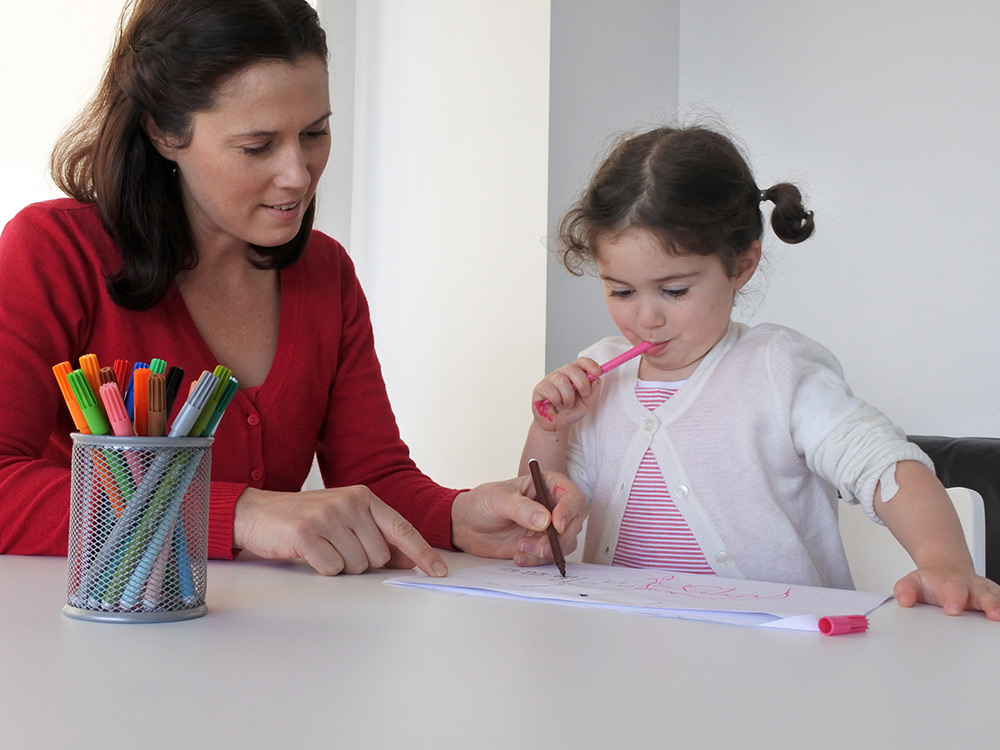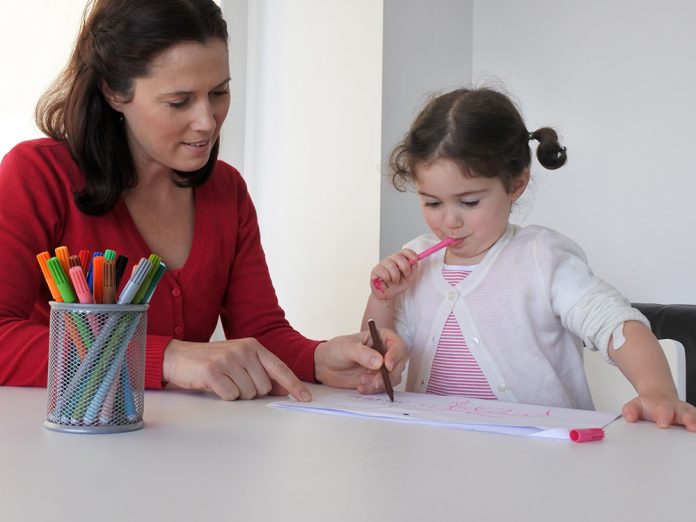Have you ever thought about how some children overcome major challenges caused by their learning disabilities? Resilience is vital to the development of these children, providing them with the means to overcome the barriers imposed by disorders such as dyslexia or dyspraxia. In Quebec, approximately 10% of the population is affected by these disorders, which equates to more than 800,000 people. To promote this resilience, it is essential to understand the unique needs of each young person and adapt support methods.

Children with learning disabilities demonstrate remarkable perseverance every day, despite the obstacles they face . To increase their resilience, they must be taught how to better manage their emotions. This helps them cope with frustration and anxiety, two common feelings in their educational experience. This article aims to explore ways to support resilience in these young people, highlighting the importance of flexibility and psychological support.
Understanding resilience and its importance in children
Resilience refers to the ability to overcome challenges and rebuild after difficulties. It is fundamental to children’s mental health , positively influencing their development . Resilience helps them manage stressful and traumatic situations. It ensures emotional and mental balance . Resilient children often adopt a positive outlook in the face of adversity. This helps them transform obstacles into learning opportunities .
It should be noted that resilience is not innate, but can be taught. Parents play a crucial role in this process by promoting a supportive environment. They encourage beneficial behaviors . For example, good physical health through a balanced diet, exercise, and adequate sleep improves resilience .
Having healthy relationships and avoiding negative influences are isessentiall. Building a support network around the child is crucial . Research indicates that a positive attitude and gratitude contribute significantly to the development of resilience and self-esteem in children.
Personal factors influencing resilience
Several personal factors play a role in the development of resilience in young people. A so-called “easy” temperament often facilitates their adaptation to adversity. It is noted that 25% of consultations with the pediatrician are aimed at preventing difficulties, which underlines the importance of early intervention .
Self-image is essential. A positive self-perception, nurtured by a supportive educational environment and enriching social interactions, strengthens a child’s ability to overcome challenges. Boys display increased vulnerability to certain disorders, signaling the need for specific adaptations .
Children with good cognitive and academic skills cope better with problems, which mitigates negative impacts and strengthens their resilience 5 . Different tools, including tests and educational games, are deployed by psychologists to support their personal growth .
It is crucial to recognize childhood as a stage of profound transformations, which affects development in several aspects. Promoting a framework for expressing and managing emotions is crucial for building authentic resilience.
Resilience in children with dyslexia
Children with dyslexia experience learning difficulties such as dyslexia, dyspraxia, or dyscalculia. They require specific forms of encouragement to build their resilience. These children often possess unique talents and extraordinary creativity. Therefore, building their resilience is crucial to enabling them to overcome challenges.
Children with disorders such as dyslexia often demonstrate remarkable resilience in the face of learning challenges. Despite the challenges specific to each disorder, their inventiveness allows them to excel in a variety of areas. In this way, they contribute to the development of a culture rich in innovation and creativity.
The role of psychological support
Helping children build resilience is essential, especially if they face learning disabilities. Psychological support provides access to specialists such as psychologists. These experts help identify and address the unique challenges the child faces. With tailored strategies, the child learns to overcome their difficulties.
This supportive environment encourages children to express their concerns and feelings. This greatly contributes to improving their mental well-being. Indeed, being able to share is a step towards better emotional and psychological development.
Psychological support encompasses more than an individual approach. It includes collaboration with parents and teachers for comprehensive care. This communication establishes coherent care for the child. The combination of family and professional support is essential for building resilience. Feeling understood and supported significantly increases a child’s ability to face challenges.
The impact of psychological support extends beyond managing learning disabilities. It plays a crucial role in increasing children’s resilience and mental health. Effective support is crucial for children facing obstacles. It can significantly change the way they cope with difficulties.
Techniques for managing emotions
Managing emotions, such as anger and anxiety, is vital in developing resilience in children. Various techniques incorporated into their daily lives contribute greatly to this. This helps them learn to better understand and express their feelings, which in turn fosters their emotional balance.
Learn to manage anger and anxiety
Encouraging your child to practice deep breathing will help them better channel their anger. These practices provide a welcome break, tempering emotional impetuosity. Initiating meditation sessions can also be a great help against anxiety.
- Creation of game scenarios to identify emotions in a fun way.
- Using visuals to help recognize and name emotions.
- Regular practice of relaxation techniques daily.
Learning how to express emotions is also fundamental. It strengthens a child’s ability to control their reactions and cope with stress with skill. By adopting these techniques, you equip them to approach anger and anxiety with confidence and serenity.
Create a positive family environment
The foundation of a caring family environment is open and honest communication. By sharing precious moments together, you build strong relationships . These relationships provide children with a sense of security and self-worth. Celebrating every achievement, no matter how small, is essential to boosting their self-confidence.
This approach is vital, especially for those facing learning disabilities. Dyslexia-related children, representing 6 to 8% of young people in France, face significant difficulties. These obstacles can threaten their self-esteem. A loving and supportive home allows them to better manage the feeling of exclusion and anxiety associated with these challenges 12.
By modeling perseverance, parents teach positive coping skills through life’s challenges. This attitude is essential for raising resilient children.










